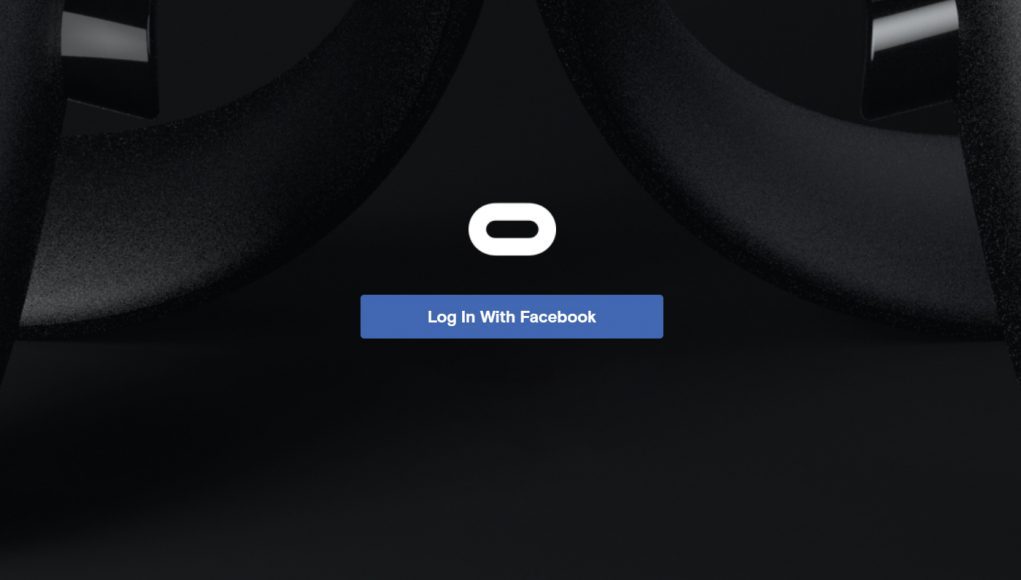The United States Federal Trade Commission today announced it has filed an amended complaint with the U.S. District Court for the District of Columbia, renewing its effort to sue Facebook over alleged anticompetitive practices. The initial lawsuit was filed in late 2020 and was tossed out back in June by a judge which argued that the FTC failed to make its case. The Commission is seeking a remedy which includes spinning out Instagram and WhatsApp. Oculus, the company’s XR organization, is not directly mentioned in the suit, but the amended complaint brings the “metaverse” into the picture for the first time.
Update (August 19th, 2021): After having its antitrust case against Facebook rejected by a judge earlier this year, the FTC has chosen to continue perusing the case by filing an amended complaint which it says includes “additional data and evidence” to support allegations of Facebook wielding illegal monopoly power.
“The amended complaint bolsters the FTC’s monopoly power allegations by providing detailed statistics showing that Facebook had dominant market shares in the U.S. personal social networking market,” the Commission writes. “The suit also provides new direct evidence that Facebook has the power to control prices or exclude competition; significantly reduce the quality of its offering to users without losing a significant number of users or a meaningful amount of user engagement; and exclude competition by driving actual or potential competitors out of business.”
The decision to file the new complaint was approved by a 3-2 vote by the FTC along party lines.
The new complaint, available in full here, is nearly twice as long as the original. For the first time it briefly touches on the “metaverse,” which Facebook has recently begun using to describe its strategy for building out an immersive social network of sorts.
“Moreover, Facebook is likely to reinstitute its conditioning or other, similar anticompetitive practices when it next faces acute competitive pressures from a period of technological transition,” the complaint alleges. “Such pressures may arise, for example, around increased use of artificial intelligence or around Facebook’s own view that future dominant technology companies will offer users a compelling ‘metaverse,’ a virtual environment that hosts users in digital spaces—and that, as Mr. Zuckerberg recently said, will be ‘the successor to the mobile Internet’.”
Like the original case, the new complaint doesn’t directly mention Facebook’s XR organizations, Oculus or Facebook Reality Labs, but it’s clear that the case’s outcome would have wide ranging repercussions for all of Facebook’s business segments.
In a comment to the New York Times, Facebook said about the new complaint, “There was no valid claim that Facebook was a monopolist—and that has not changed. Our acquisitions of Instagram and WhatsApp were reviewed and cleared many years ago, and our platform policies were lawful.”
The original article, which outlined the initial case and considered what it could mean for Facebook’s XR initiatives, continues below.
Original Article (December 9th, 2020): Following an investigation backed by the attorneys general of 48 US states & territories, the FTC today announced that it filed a formal lawsuit against Facebook for alleged anticompetitive practices. The complete filing can be read here.
The Commission’s lawsuit centers specifically around “personal social networking” and two major pillars: anticompetitive acquisitions and anticompetitive platform conduct.
The former pillar focuses on the company’s purchase of photo sharing site Instagram ($1 billion) and messaging app WhatsApp ($19 billion) in 2012 and 2014 respectively. The Commission alleges that Facebook sought to buy-out its competitors rather than compete with them directly. While Oculus, Facebook’s XR organization, is not named in the suit, it represents another of the company’s high-profile acquisitions—having been bought in 2014 for $2 billion.
The latter pillar alleges Facebook offered access to its APIs—pathways for other software and websites to interface with Facebook—on the condition that they wouldn’t be used in competitive products or services. The FTC cites Vine as one example, claiming that Facebook revoked access to an API that would allow Vine users to find their Facebook friends on the app.
Both pillars represent anticompetitive practices aimed at snuffing out competition and maintaining a monopoly position over personal social networking, the FTC claims.
The FTC will have to prove the Facebook engaged in the anticompetitive behavior alleged in the lawsuit. If it succeeds, the Commission is seeking a “permanent injunction in federal court that could, among other things: require divestitures of assets, including Instagram and WhatsApp; prohibit Facebook from imposing anticompetitive conditions on software developers; and require Facebook to seek prior notice and approval for future mergers and acquisitions.”
While Oculus nor any other aspect of Facebook’s XR operations are mentioned directly in the suit, there’s clear overlap between the company’s alleged anticompetitive practices and its strategy in the XR space.
While Oculus itself clearly wouldn’t have represented a competitive threat to Facebook (as it was a wholly new business segment for the company), its ‘walled garden’ approach to a VR app store, conditional use of APIs with regard to competitive social VR apps, and recently imposed Facebook account requirement for Oculus headsets may all come under scrutiny.
Were the court to side with the FTC—even if Oculus itself was untouched by the legal outcome—it would surely impact the future course of the organization which would need to tread carefully to avoid similar accusations of anticompetitive practices.
Facebook’s acquisition of Oculus was already the subject of a major 2017 lawsuit in which ZeniMax—parent company of Oculus CTO’s former employer, id Software—alleged that Oculus had built its business on proprietary technology developed under its employ. After the court sided with some of ZeniMax’s claims, to the tune of $500 million, the case was appealed and eventually settled in 2018 for an undisclosed sum.







